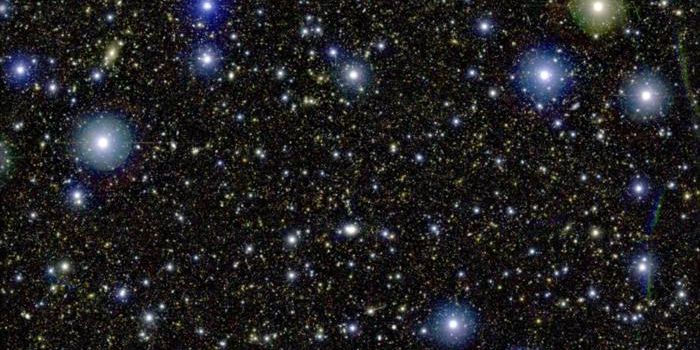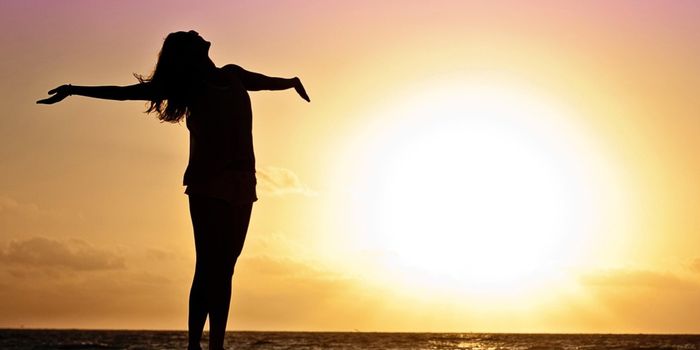Can Camping Cure your Insomnia?
A study from researchers from the Sleep and Chronobiology Laboratory at the University of Colorado, Boulder shows that getting outside and staying there a couple days can help calm your sleep stress. And it’s all about the light that you’re exposed to. The team ran one experiment of camping in the summer, but this most recent study published Thursday in Current Biology shows the results of camping a week in winter and once over a winter weekend.
The team recorded the study’s participants' circadian clocks in their lab by measuring melatonin, a hormone that tells us when we’re sleepy, signaling our biological nighttime. Kenneth Wright, a professor of integrative physiology at the University of Colorado, Boulder and senior author on a study on resetting sleep cycles reports that in general, melatonin levels rise a couple of hours before we sleep, and they fall right when we wake up.
"In the modern environment, those melatonin levels fall back down a couple of hours after we wake up," Wright says. "Our brains say we should be sleeping several hours after we wake up." That’s probably because the participants, like most people nowadays who are running around with busy lives trying to fit everything in, showed sleep and wake times that were slightly out of step with their internal clocks.
But interestingly enough, a weekend of camping without all the various gadgets and gizmos that emit artificial light can cure that “jet lag,” as the study called it. “Our modern environment has really changed the timing of our internal clocks, but also the timing of when we sleep relative to our clock,” said Wright. “A weekend camping trip can reset the clock rapidly.”
Apparently, reports Medical News Today, all of the participants' sleep patterns synchronized with sunset and sunrise, even though some people in the study were either night owls or early birds in their normal lives.
Psychology Today elaborates, saying that the results show the participants' biological nighttimes began about two hours later when they were exposed to electrical lighting in their normal lives, compared to when they were camping and only exposed to natural light. Even the participants who only went camping for a weekend shifted their sleep schedules by a little less than an hour and a half.
Outside, "you are pretty constrained by natural light-dark cycles and the intensity and light spectrum that you see in nature," says Dr. Phyllis Zee, director for the Center for Circadian and Sleep Medicine at Northwestern University who was not involved with the study.
So what’s the take-away point from this? We know that getting outside has many health and educational benefits; a good dose of nature can make you calmer, lowering blood pressure, and help you focus more on detail oriented tasks, as well as enhance creativity. But know we know it can help your insomnia too! That means that preserving beautiful outdoor spaces is key to our health and happiness even more than we thought originally.
Sources: Psychology Today, Medical News Today, NPR, The Guardian









